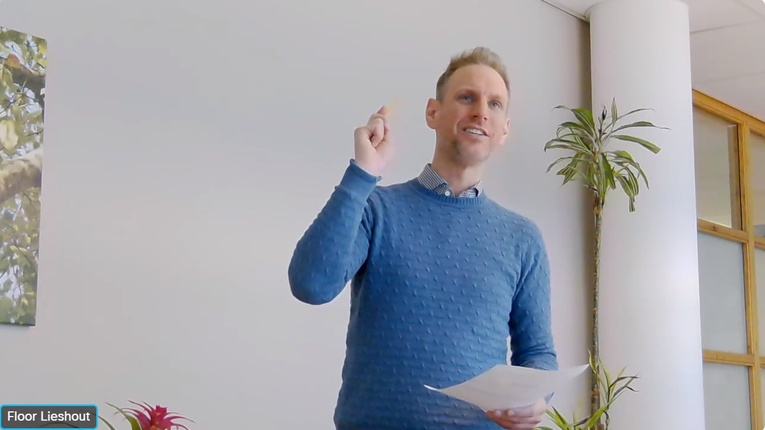Last week, March 3, YOURS – Youth for Road Safety Executive Director Floor Lieshout joined the UN Road Safety Fund (UNRSF) Virtual Open Day as a moderator for one of its sessions which featured Mozambique Ministry of Transport Vice Minister Amilton Alissone, Assistant Secretary General of the Organization of African, Caribbean, and Pacific States Dr. Ibrahim Richard, Kenya Director of Road Transport Martin Eshiwani, and WHO Bangladesh Representative Dr. Watin Alam, among others.

The speakers talked about their experiences with the UNRSF and shared how it, along with UN partners like the UN-Habitat, supported the road safety master plan of countries within Africa and Asia.
Elana Sentieri, Urban Resilience and Development Specialist of the UN-Habitat Mozambique, said, “global partnerships such as the one of UNRSF are crucial. As UN-Habitat Mozambique, it allowed us to improve road conception and usage as well as advocacy for road safety policies at national and local levels, focusing on vulnerable road users such as children, pedestrians, and cyclists.”
Different updates were shared following the successful partnership of the UN partners and national government units. Some of the developments reported include; positive behavior changes in road safety, more opportunities for national and local governments to strengthen road safety efforts, and increased knowledge and expertise on inclusive safer street design among road safety organizations, associations, and government agencies.

Other conversations revolved around the growing need to address used vehicle standards, especially from an environmental and road safety perspective. Director Martin Eshiwani underlined the importance of used vehicles in Africa as a means of transportation for its citizens. He pointed out that there was a need for a multi-governmental and multi-stakeholder system approach that tackles the approach to the import and export rules of used vehicles. To address this, the UNRSF is working with partners to extend targeted support on used vehicle regulations and technical inspections in East Africa and Asia.
Issues on improving responses for post-crash care were also discussed where it was pointed out that WHO is working with governments from countries like Bangladesh to strengthen national policies, training protocols, and response time for effective post-crash care. Other efforts by the UNRSF and their partners are working on targeted assistance to improve road user behavior focused on speeding and how it reduces the possibility of road crashes and road deaths.
The session wrapped up with moderator Floor Lieshout echoing the call to strengthen national road systems through multistakeholder partnerships, commending the work the UNRSF has already done. “Seeing the Fund expanding its reach by welcoming Civil Society Organizations as eligible implementing partners is an absolute pleasure. We need NGOs and young people at the table and today’s event is an excellent opportunity to learn how the Fund’s partnership works and see the impact of road safety financing on the ground.”

